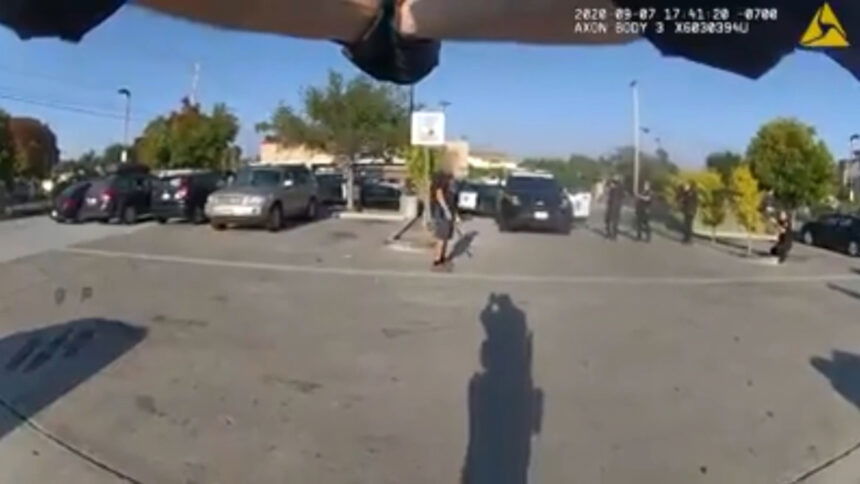SPECIAL REPORT: Police and mental health response

Police are tasked with responding to all public safety calls, which includes mental and behavioral health response on a regular basis.
"We’re probably in the category of multi-thousand behavioral health calls a year, and with all of those calls it doesn’t take much for it to go wrong,” Santa Cruz Police Chief Andy Mills said.
A regular call can turn tense in a matter of seconds. Chief Mills pointed to a September call when a man, wielding a knife, threatened suicide and challenged officers to shoot at him. After speaking to the suspect for several minutes officers finally tased the man and took him into custody.
“We believe in time, talk and tactics," Mills said. "The more time you can give someone to come to their senses, discussing with them rather than yelling at them and then using the tactics to use less lethal ammunition.”
It's no secret police are not mental health professionals, but say they’re the ones tasked with responding to all 911 related behavioral and mental health calls.
This year there’s been a movement to prevent police from responding to non-violent calls, including many that fall under the mental health umbrella.
Chief Mills says he would be on board with some of those changes, but questions who would be there to respond if not his department.
“When the rest of society has abandoned this person, is incapable of dealing with it, there's only one person left and that’s the person in the blue uniform. That’s why it's so important for us to get as much training as we can,” Mills said.
That training includes de-escalation, improving communication and watching videos of other mental health calls that took a turn for the worse.
“We put officers through those scenarios. We put our sergeants through those scenarios. We put our command staff though those scenarios, so that we’re all working together as a team to bring resolutions to crisis situations,” Lt. Jake Pinkas with the Monterey Police Department said.
Monterey, Santa Cruz and nearly every department on the Central Coast has mental health liaisons that are called upon to help in some of these challenging situations.
“If I can get someone from Monterey County behavioral health to come or maybe a social worker from CHOMP," Pinkas said. "If the person is a veteran we can get an outreach person from veterans transition center. We want to establish a line of communication, open up that communication and start building that rapport."
The scale of mental health training has drastically increased in recent years as overall awareness has improved.
“We’ve kind of come to this evolution process to say we don’t have to use these high levels of force, so I think that’s what’s changed," Mills said.

